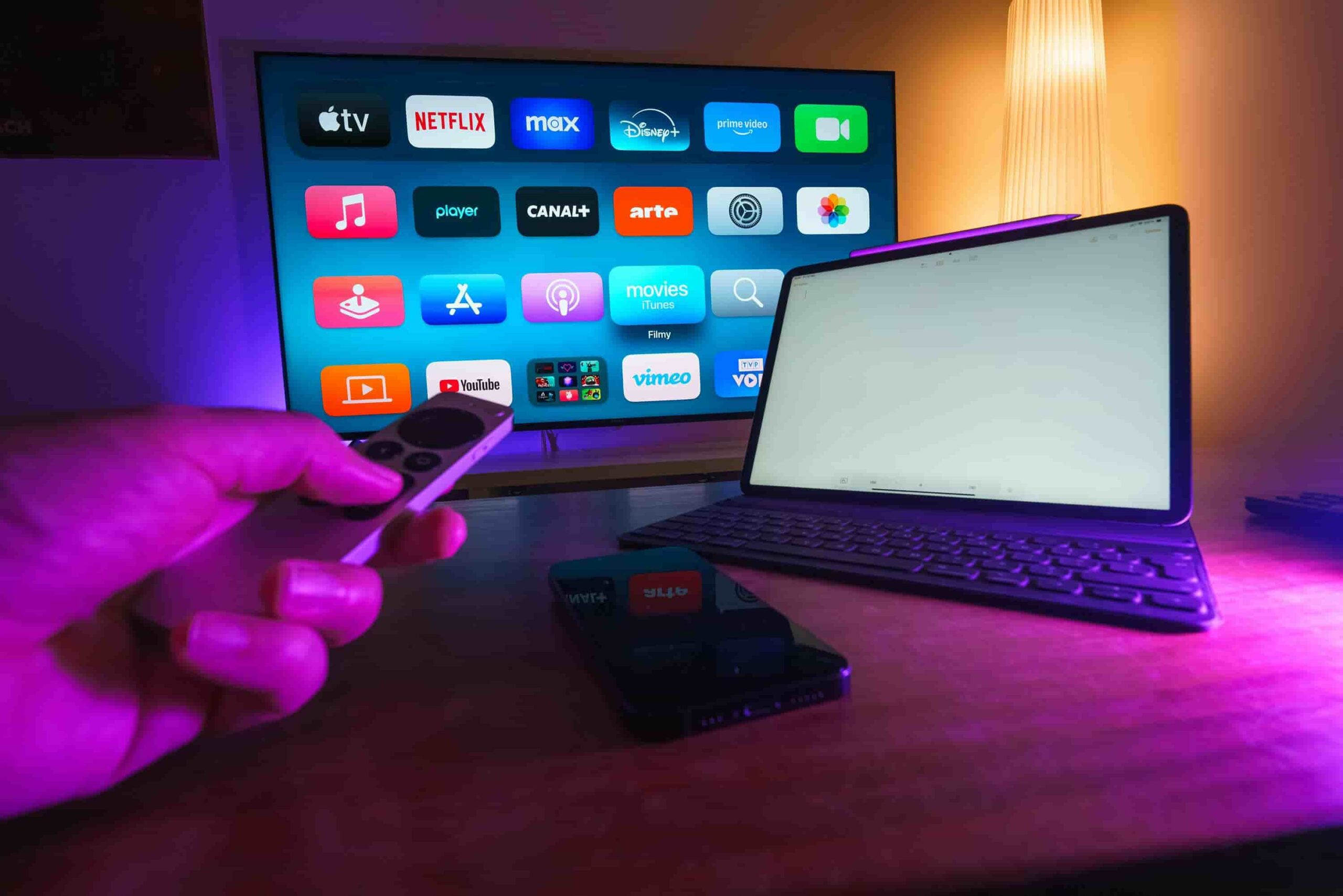
Latest Trends in Digital Entertainment for Gen Z
Digital entertainment is evolving at lightning speed—and no group is driving this transformation more than Gen Z. Born between the mid-1990s and early 2010s, Gen Z has grown up with smartphones, social media, and instant access to content. This generation is not just consuming entertainment—they’re actively reshaping it. From TikTok videos and Twitch streams to AI-generated art and immersive metaverse experiences, Gen Z is demanding entertainment that is fast, interactive, diverse, and deeply personal.
In this article, we’ll explore the latest trends in digital entertainment specifically geared toward Gen Z. If you’re a content creator, marketer, or tech enthusiast, understanding these trends can give you valuable insight into the future of media and how to stay ahead of the curve.
1. Short-Form Video is King
Platforms like TikTok, Instagram Reels, and YouTube Shorts have become the go-to entertainment sources for Gen Z. Unlike millennials who binge-watch TV shows or long YouTube videos, Gen Z craves bite-sized, high-impact content that delivers humor, emotion, or value within seconds.
Why it’s trending:
- Short videos fit Gen Z’s fast-paced lifestyle.
- They allow for quick, creative self-expression.
- The algorithmic feed provides endless entertainment tailored to the user’s preferences.
From comedy skits and dance trends to educational snippets and aesthetic edits, short-form video is where Gen Z discovers trends, builds identity, and engages with communities.
2. The Rise of Interactive Entertainment
Gen Z isn’t satisfied with just watching—they want to participate. This has led to a rise in interactive content across platforms. Livestreams with real-time chats, interactive polls, choose-your-own-adventure storytelling, and live game streaming are booming.
Apps like Twitch, YouTube Live, and even TikTok Live allow fans to directly engage with creators. This sense of connection and participation turns passive viewers into active participants.
Gaming platforms also follow this model. Roblox, Minecraft, and Fortnite offer immersive experiences where players can build, interact, and even monetize their creations.
3. Creator Economy and User-Generated Content
Gen Z doesn’t just admire creators—they are creators. With access to affordable tools and platforms, anyone can be a content producer. The creator economy has exploded with Gen Z fueling the demand for authenticity and relatability over polish and perfection.
Key platforms:
- TikTok: Raw, relatable, trend-based content
- YouTube: Long-form storytelling and tutorials
- Substack & Patreon: Monetizing niche communities
- Discord: Creating private fandom and gaming spaces
Creators are becoming brands, and Gen Z is supporting them by buying merch, joining memberships, or simply sharing their content. UGC (User-Generated Content) is more trusted than traditional marketing for this generation.
4. Streaming with a Twist
While streaming services like Netflix and Disney+ are still popular, Gen Z prefers platforms that offer personalized and socially integrated experiences.
What’s new:
- Co-watching via apps like Teleparty or Discord
- Niche streaming like anime on Crunchyroll or documentaries on CuriosityStream
- Interactive shows like Black Mirror: Bandersnatch, where viewers choose outcomes
Gen Z values freedom in what they watch, how they watch, and who they watch it with. Algorithms that understand individual tastes, combined with social features, are now more important than ever.
5. AI-Generated Content and Virtual Influencers
The line between real and digital is blurring—and Gen Z is here for it. AI-generated music, art, and even influencers are gaining traction.
Examples:
- Lil Miquela: A virtual Instagram influencer with millions of followers.
- AI music tools: Apps like Boomy let users generate entire songs in minutes.
- Text-to-image/video generators: Tools like MidJourney and Sora are giving rise to new forms of visual entertainment.
While some question the authenticity, Gen Z sees AI as a tool to push creative boundaries. They’re experimenting, remixing, and co-creating with machines.
6. Metaverse and Virtual Worlds
Though still in development, the metaverse concept resonates with Gen Z. These digital worlds offer a hybrid of social media, gaming, and digital identity. Virtual concerts, NFT galleries, and avatar fashion shows are just a glimpse of what’s coming.
Popular platforms:
- Fortnite: Hosted virtual concerts (Travis Scott, Ariana Grande)
- Roblox: Lets users create games and virtual items
- VRChat: A social space with user-created avatars and worlds
This trend is about more than just games—it’s about digital expression and owning your space in a virtual world.
7. Mental Health-Focused Content
Gen Z is the most mental health-aware generation yet. They are using digital platforms to explore, express, and cope with emotional challenges. From guided meditations on YouTube to TikTok therapists and journaling apps, entertainment is becoming a form of therapy.
Trends:
- Calm and Headspace-style content
- Real talk from influencers about anxiety, burnout, and body image
- ASMR, lo-fi music, and nature videos for relaxation
Entertainment that supports well-being is not only appreciated but necessary for Gen Z.
8. Diversity and Social Justice in Media
Gen Z expects media to be inclusive. They support content that reflects a variety of backgrounds, cultures, and identities. From diverse casting in shows to LGBTQ+ creators thriving on TikTok and YouTube, representation is non-negotiable.
Key elements Gen Z values:
- Authentic voices and lived experiences
- Transparency in brand messaging
- Support for social causes and climate action
Gen Z doesn’t just watch for fun—they watch with purpose.
9. Nostalgia with a Twist
Ironically, Gen Z also loves retro vibes. 90s and early 2000s aesthetics are making a huge comeback in music, fashion, and media. From VHS-style video filters to reboots of old TV shows, nostalgia is being reimagined in fresh, modern ways.
Platforms like TikTok are full of throwbacks—often with humorous or satirical twists that blend old-school charm with Gen Z’s ironic humor.
Final Thoughts
Gen Z is not just consuming digital entertainment—they’re defining it. They crave experiences that are:
- Quick but meaningful
- Immersive and interactive
- Emotionally resonant
- Ethically aware
- Creative and tech-forward
Understanding these trends isn’t just useful—it’s essential for anyone looking to connect with today’s most powerful digital generation.
FAQs: Latest Trends in Digital Entertainment for Gen Z
- What kind of content does Gen Z prefer watching online?
Gen Z loves short-form videos, interactive livestreams, and content that feels authentic. They gravitate toward platforms like TikTok, YouTube Shorts, and Twitch for entertainment. - Why is Gen Z so interested in user-generated content?
Gen Z trusts content made by real people over polished ads or traditional celebrities. They enjoy the rawness and relatability of user-generated content and often become creators themselves. - Is the metaverse really popular with Gen Z?
Yes, the concept of the metaverse resonates with Gen Z. Even if full adoption is still developing, platforms like Roblox and Fortnite have already created mini-metaverse experiences they enjoy. - How is AI changing digital entertainment for Gen Z?
AI tools are helping Gen Z create music, art, and even digital influencers. This generation sees AI not as a threat but as a creative partner. - How important is mental health in Gen Z’s entertainment choices?
Very important. Gen Z often uses digital entertainment for emotional support. Calm content, mental health discussions, and self-care videos are highly valued.
Sign up with your email and always get notifed of zerodevicesnet Lifestyles latest news!



